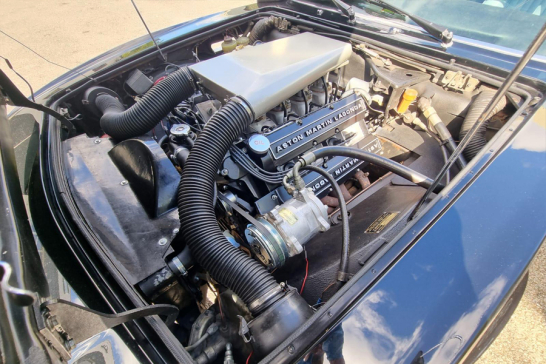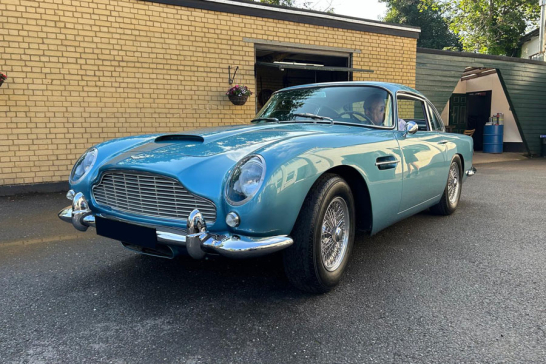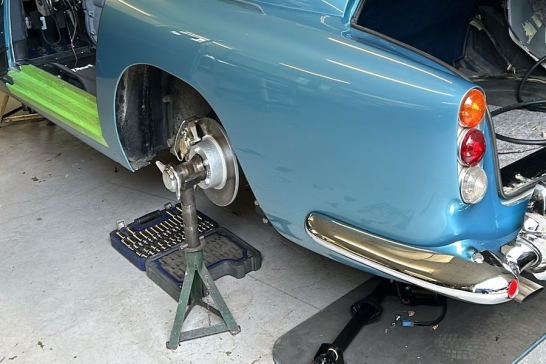In a previous blog post, we wrote about the racing heritage and prestige of the Weber carburettor. We also went into detail about how this piece of engineering ingenuity works and its propensity to give people whose cars use them plenty of grief if they are not correctly set up.
This post will outline the process we go through here at Pugsley and Lewis to tune Weber carbs and make Weber powered cars a joy to drive.
Oh Hello - What's Your Name?
Suppose a car arrives at our Aston Martin workshop and we've never seen it before. In that case, we won't immediately take it as read that the reason it's not running very well is down to the carbs. Even if the person contacted us by looking for a weber carburettor tuning specialist and told us the carbs were causing the problems. It's too easy to assume the carbs are the problem.
No, we'll start by checking cylinder compression, valve timing, plugs, points and plug or HT leads. There's simply no point jumping to the conclusion that carburation is the source of the problem simply because the carbs are Webers.
Not an Aston? Not a Problem
It's worth mentioning at this point that although we're known globally as Aston Martin specialists, we're happy to work on other prestige brands that use Weber carbs. So, for example, we've sorted Jaguar cars running Webers, Ferrari's, AC Cobra's, and many others in recent years.
The truth is we enjoy solving the Weber related problems other workshops shy away from, and in particular exotic cars.
Idol Suckers
One of the first things we check is how balanced the cylinders are in terms of the way they suck fuel while idling. This vital work gives us a solid foundation from which to build. It will involve some quite fiddly work to sync everything, including adjusting linkages.
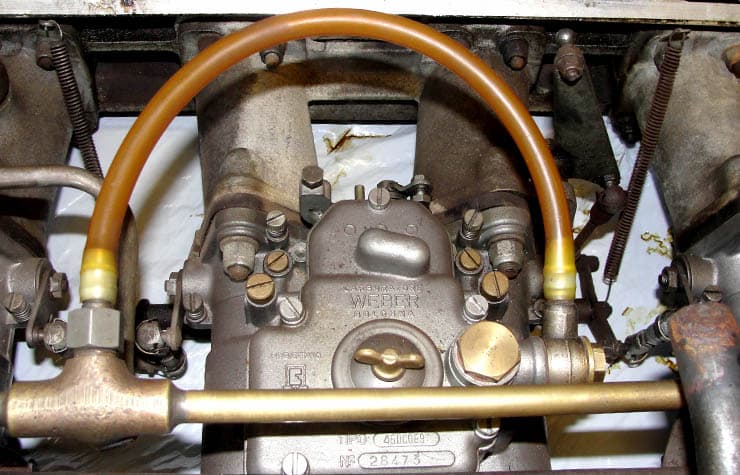
It's essential, and a source of many Weber-related problems, to ensure all the throttles open simultaneously. It sounds so simple yet, in our experience, it's so often missed.
That Don't Smell Right
With the physical adjustments in place and the throttles perfectly synchronised, we'll start to investigate and adjust the mixture.
This is where our years of experience come into play. We're being deadly serious when we say we do this work using a combination of experience, listening and smelling. Yes, that's right, we employ our senses because we've found this approach to be the most reliable way of getting classic cars running right with Weber carbs.
This approach has served us well and, when combined with road testing, has proved to deliver the results our customers have come to expect. But there's more, a lot more.
Jets, Drills and a Thousand Adjustments
Sometimes, if things seem out of kilter, we have to review the jetting. For example, it might be that someone mistakenly replaced the standard jets for an unsuitable and unmatched combination, or perhaps the car needs something non-standard.
Either way, our comprehensive knowledge of all Webers, the Italian and Spanish versions, means we know exactly what's needed for the car in front of us.
This aspect of tuning is particularly pertinent when we start drilling holes in the idle circuit to improve the transition from idle to acceleration. Yes, that's right, tuning a Weber to perfection sometimes involves taking a bit of the carb away!
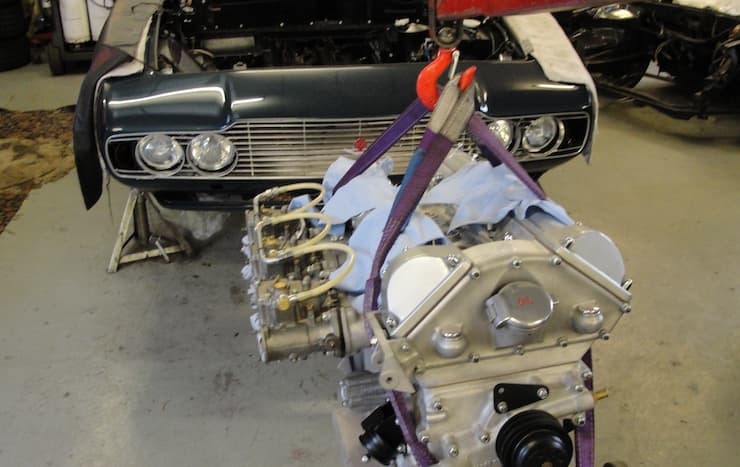
The End Result is Everything
We became Weber experts because of a combination of bloody-minded determination to make classic cars more enjoyable to drive and a belief that there was no need to compromise.
We knew our customers wanted the excitement of the Weber pump prime system alongside a smooth and relaxing driving experience. Today, that's precisely what we deliver with our highly developed Weber tuning service.
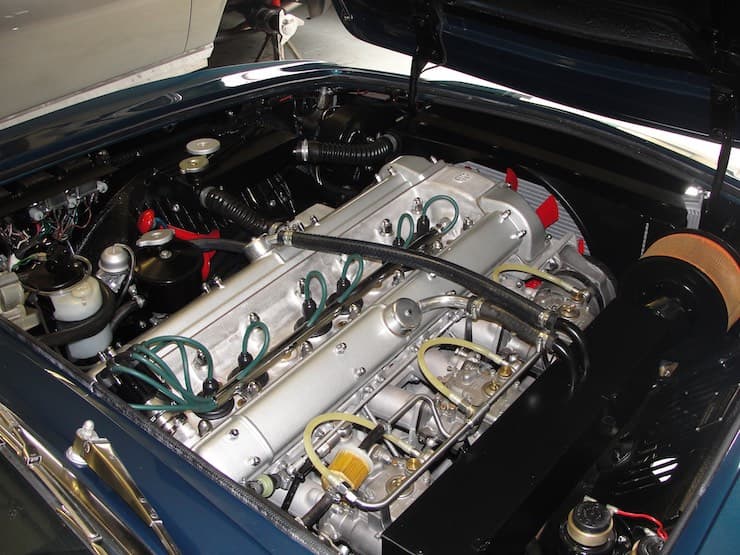
Of course, there are some aspects we haven't talked about in this post; we need to keep some stuff secret. So, if you're experiencing Weber woes and slipping your clutch to get through the coughing and spluttering, give us a call; we'll take away your pain.

